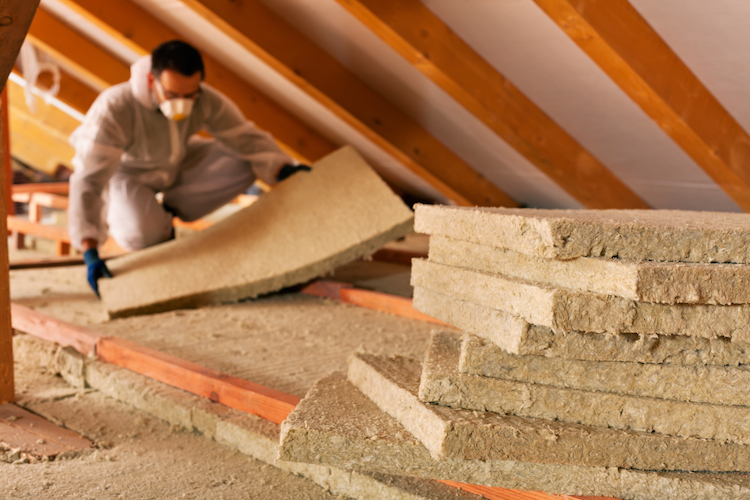The last several weeks have been mild in Northwest Ohio, but have no fear, the winter weather will set in before you know it. Ensuring that your plumbing is protected can help keep your home or place of business safe and prevent costly damage during the winter. EK Contractors has a few steps for winter plumbing precautions.
Under freezing temperatures, water expands putting tremendous pressure on the pipes. It doesn’t matter if the pipes are metal or plastic, the force of expansion can cause them to crack.
The pipes that are most at risk of bursting are ones that run against the exterior walls, those that have little insulation. Pipes located in unheated areas such as the basement, attics, and kitchen cabinets are at greater risk of cracking or bursting. Swimming pool supply lines, sprinkler lines, and the connections can also freeze very quickly.
Indoor Plumbing:
- Add insulation to attics, basements and crawl spaces to raise the temperature of those areas.
- Keep your garage door closed if you have water supply lines in the garage.
- Leave your home set to a temperature no lower than 55 degrees if you go out of town.
- Repair broken windows and doors to help regulate the temperatures inside your home.
- Let your kitchen or bathroom faucets drip a tiny amount during extreme temperatures to keep water moving through the pipes.
- Remove all your outdoor hoses from the spigot. Hoses can hold a lot of water and freeze and expand causing damage to the spigot.
- Fix any leaks as soon as you notice them no matter what time of year.
- Wrap pipes that are in unheated areas of the home. This is especially crucial for mobile homes.
Outdoor plumbing:
The outdoor faucets can freeze in the winter and cause major damage that extends far into your home. A burst pipe caused by outdoor plumbing will more than likely happen within the interior walls and could cause hundreds of gallons of water to flood your house or place of business. By bleeding the outdoor lines, and turning off the water supply to them can help avoid a break. Here’s how to do it:
- Find all your exterior faucets including hose bibbs, sprinkler supply lines and pool water supply lines.
- Locate the individual shutoff valve in each supply line usually found near the main water shutoff valve.
- Turn the lever for each valve to the “off” position.
- Go outside to each line you shut off and open the faucet. Some water still in the line will drain out.
- Return to the shutoff valve and remove the bleeder cap to drain the remaining water out of the pipe catching it in a bucket.
- Replace the bleeder cap and turn back off the outdoor faucet.
If you believe you have a frozen pipe, we recommend you do the following:
- Completely open the cold-water faucet closest to the pipe to relieve the pressure, and reduce the chance of the pipe breaking.
- Use a hair dryer, not a blow torch to warm the pipe slowly to thaw it out.
By following the above list for winter plumbing preparation, you cut down the risk of bursting pipes. However, if in doubt, one of our service professionals can come out and make sure that any pipes are properly protected against the risk of cracking or bursting.

